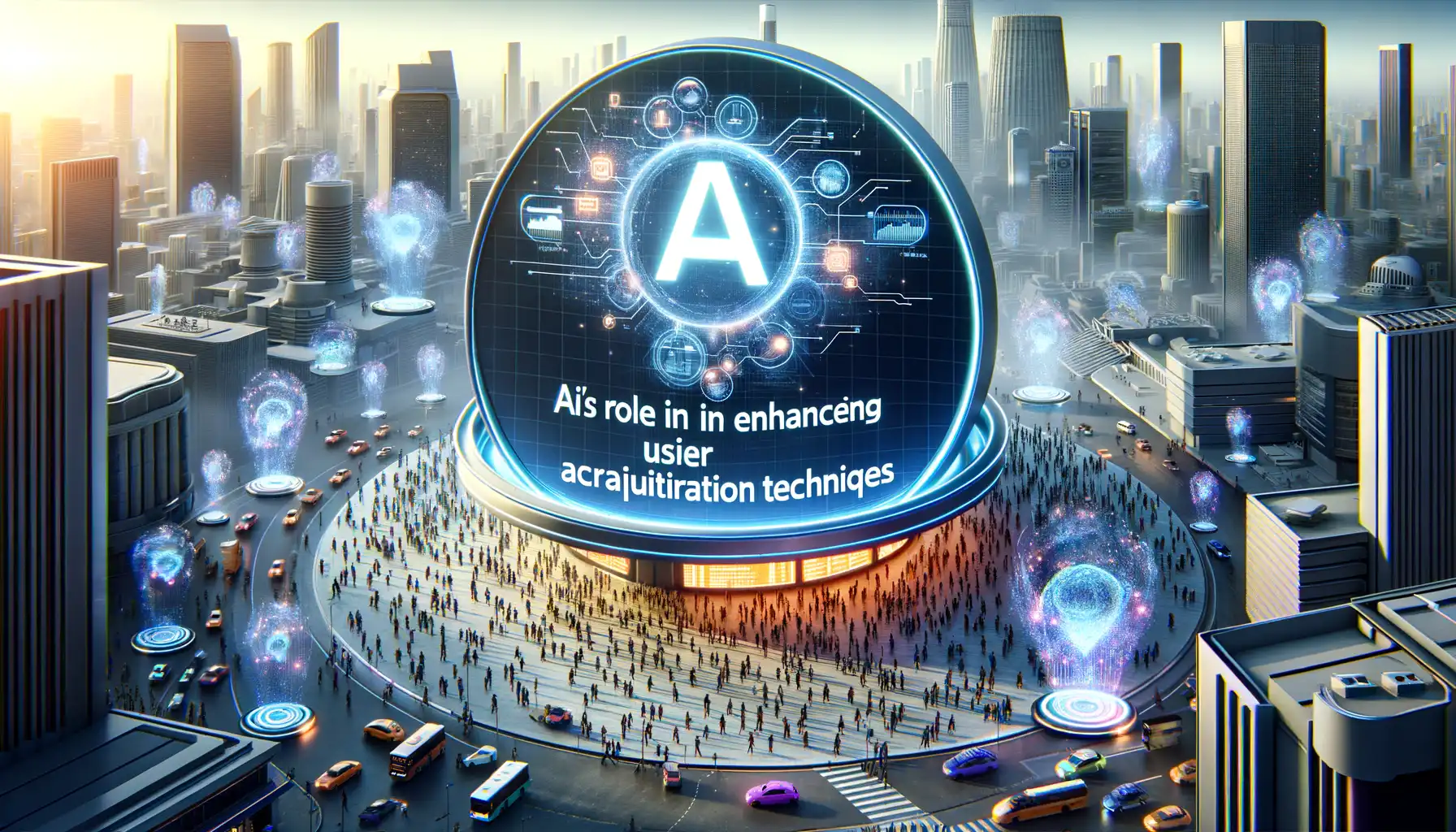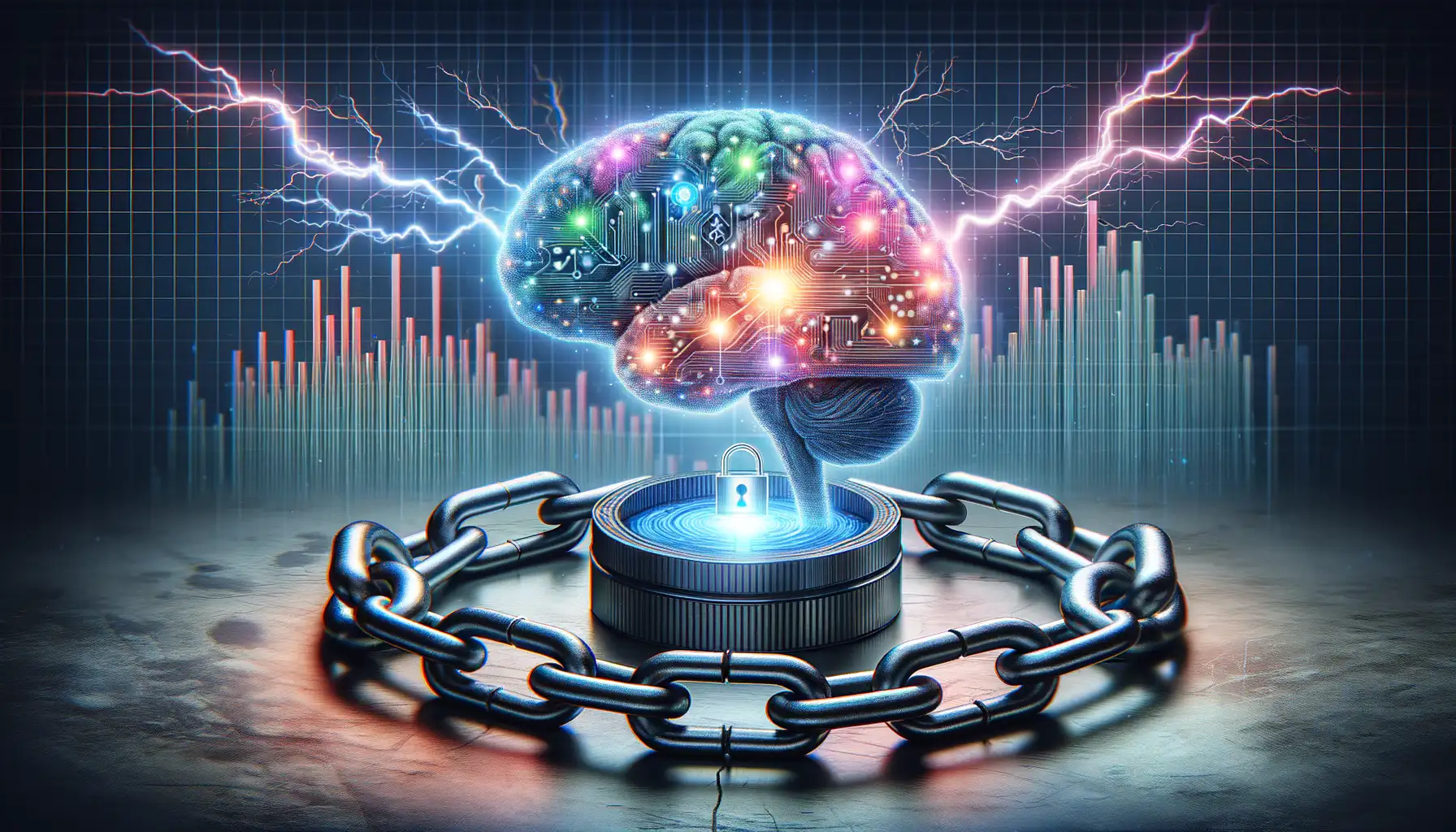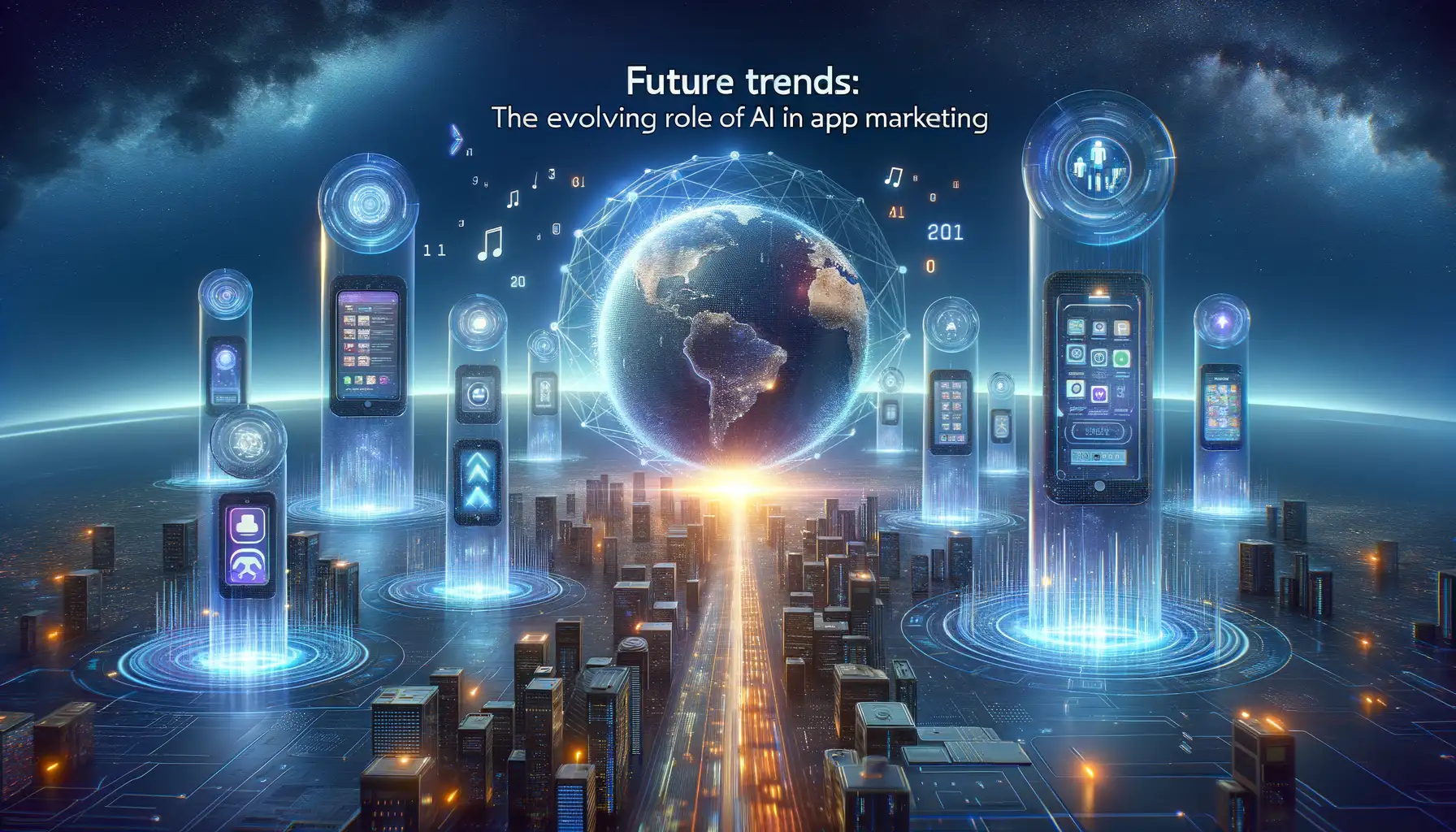How AI is Revolutionizing App Marketing Strategies
Turning Data Into Gold: AI’s Impact on App Marketing
Imagine having a crystal ball that reveals what your users crave, when they crave it, and how they want to interact with your app. That’s essentially what AI brings to app marketing. It transforms raw data into actionable insights, helping marketers understand their audience on an almost personal level.
Take push notifications, for example. Without AI, you’re shooting in the dark—sending messages that might be ignored or worse, irritate your users. AI doesn’t guess; it calculates. It knows when Sarah, your loyal fitness app user, feels most motivated to exercise (hint: 6 AM) and crafts a message that feels like a nudge from her gym buddy, not a marketing ploy.
- Predictive analytics: Foresee trends before they even start.
- Dynamic pricing: Offer personalized discounts that feel tailor-made.
- Smart segmentation: Group users by behavior, geography, or even mood.
With AI, app marketers move beyond the “one-size-fits-all” strategy. Every decision becomes laser-focused, deeply customized, and magically impactful. It’s no longer about selling—it’s about connecting. Can your traditional methods promise that? Didn’t think so.
AI’s Role in Enhancing User Acquisition Techniques

How AI is Changing the Game for Finding Your Perfect Audience
Let’s face it—user acquisition can feel like finding a needle in a haystack, right? That’s where AI swoops in like a digital matchmaker, connecting your app with the users who’ve been waiting for it. This isn’t just about crunching numbers; it’s about creating meaningful connections that stick.
Imagine this: instead of exhausting resources on trial-and-error ads, AI uses behavioral data and predictive analytics to pinpoint your audience. It’s like having a crystal ball, but smarter. The magic lies in how AI tailors its approach—one user sees a quirky Instagram ad, another gets a perfectly timed push notification, all thanks to machine learning models optimizing engagement.
Here’s what AI delivers when it takes charge:
- Real-time insights: Spotting trends before they bloom.
- Hyper-personalization: Ads that speak directly to someone’s preferences, almost eerily so.
- Channel optimization: Knowing exactly where your users hang out online.
With AI, the guesswork vanishes. It’s not just about acquiring new users—it’s about finding the ones who’ll actually love your app. Isn’t that what marketing dreams are made of?
Key Benefits of Incorporating AI in App Marketing

Unleashing the Power of Personalization
Imagine opening an app that feels like it truly “gets” you—like it’s been tailored to your quirks, preferences, and even your mood. That magical experience? It’s often powered by AI-driven insights. By analyzing mountains of user data faster than any human could dream of, AI helps marketers deliver razor-sharp content, offers, and notifications at the perfect moment. Whether it’s a fitness app nudging you with a tailored workout plan or a shopping app showcasing just what you’ve been searching for, personalization skyrockets engagement.
Here’s where the real magic happens:
- AI identifies patterns in user behavior, making predictions about what users want before they even realize it themselves.
- It enables hyper-personalized ad campaigns, ensuring every dollar spent hits the right audience. Say goodbye to wasting money on bland, generic ads!
Decoding Data Like Never Before
Data overload used to be a marketer’s nightmare—too much information but no way to make sense of it all. With AI-powered analytics, though, chaos transforms into clarity. Imagine sifting through millions of app interactions to pinpoint which features are clicking with users and which need a facelift. AI doesn’t just work faster; it works smarter, uncovering hidden gems buried in your metrics.
Think about A/B testing. While traditional testing might take weeks, AI can run countless scenarios simultaneously. The result? Faster decisions, better campaigns, and happier users. Plus, tools like predictive analytics empower you to anticipate user churn, so you can act before it’s too late.
Challenges and Limitations of Using AI in Marketing

The Hidden Pitfalls That Come With AI in Marketing
AI in marketing feels like having a superpowered assistant who never sleeps, right? But even superheroes have their kryptonite. Let’s talk about the curveballs AI can throw your way.
First up: data dependency. AI thrives on data—feeds off it like a car guzzles gas. But what happens if your app’s data is incomplete, outdated, or plain wrong? Imagine trying to navigate with a map missing half the streets. The results? Misguided user insights and campaigns that miss the mark.
Then there’s the notorious lack of human touch. Yes, AI can predict behavior patterns, but can it replicate the genuine resonance of human connection? Not quite. For instance, turning user data into segmented ads is great, but overly robotic campaigns risk feeling cold and… well, lifeless.
And let’s not forget:
- Ethical dilemmas: How much tracking is too much? Users today are hyper-aware of privacy concerns.
- Costs: Simply implementing top-notch AI tools can sink startups’ budgets faster than they imagined.
Sure, AI is dazzling. But there’s no ignoring that, without careful handling, it can create as many challenges as it solves.
Future Trends: The Evolving Role of AI in App Marketing

AI as a Crystal Ball: Predicting Market Trends
Imagine having a crystal ball that reveals what your users crave before they even realize it themselves. That’s exactly where AI-driven predictive analytics is taking app marketing. It’s not sorcery—it’s the magic of data. AI analyzes patterns in user behavior, market trends, and competitor strategies to forecast what will resonate tomorrow.
Think about it: instead of spending weeks guessing which feature to spotlight or ad format to use, you’ll know with precision. For instance, an AI tool might alert you that Gen Z gamers are likely to binge-play during holiday weekends. Now, you’re ready to launch a perfectly timed in-app reward system or an irresistible offer. These insights make marketing feel less like gambling and more like strategy on steroids.
Hyper-Personalized User Experiences at Scale
Here’s the kicker: personalization isn’t just a “nice-to-have” anymore—it’s table stakes. AI’s evolving role lies in its ability to hyper-personalize on a level humans can’t sustain manually. We’re talking dynamic app interfaces, tailored push notifications, and custom ad creative that feels eerily “just for you.”
- A user who hits snooze every morning may get a motivational wake-up reminder.
- Someone who always shops late-night? Personalized nighttime discounts appear like clockwork.
The possibilities are endless. With AI, it’s no longer one-size-fits-all—it’s one-size-fits-THEM. Your marketing becomes not only scalable but astonishingly human.
